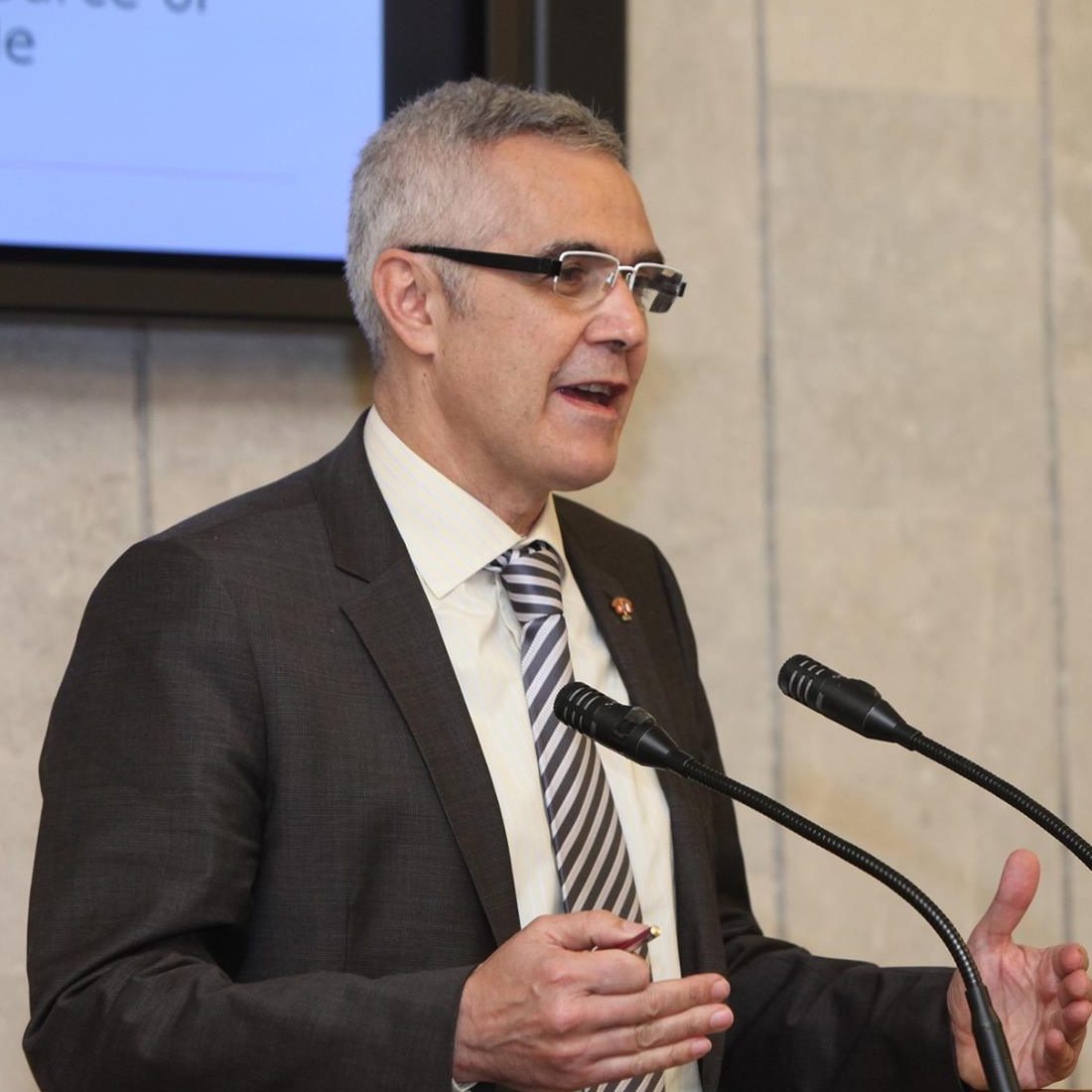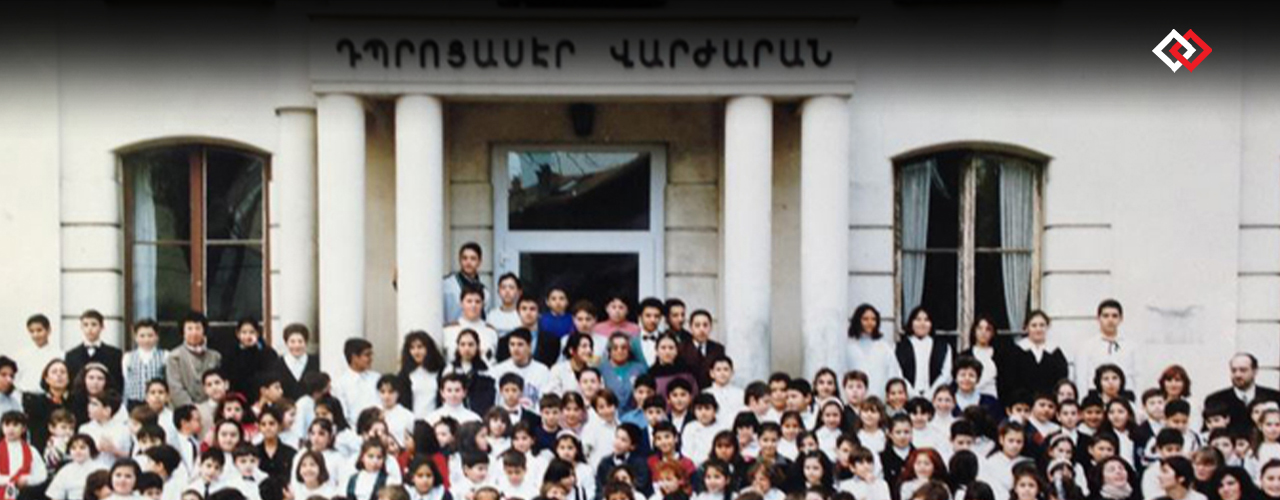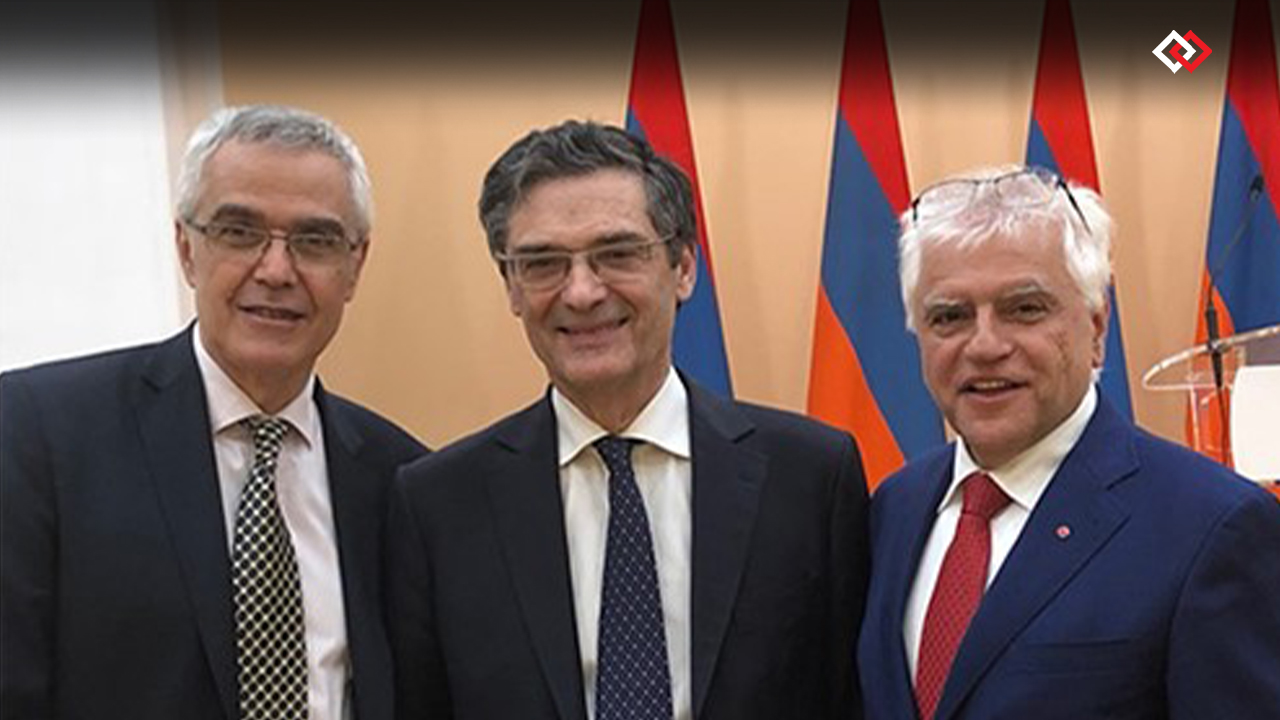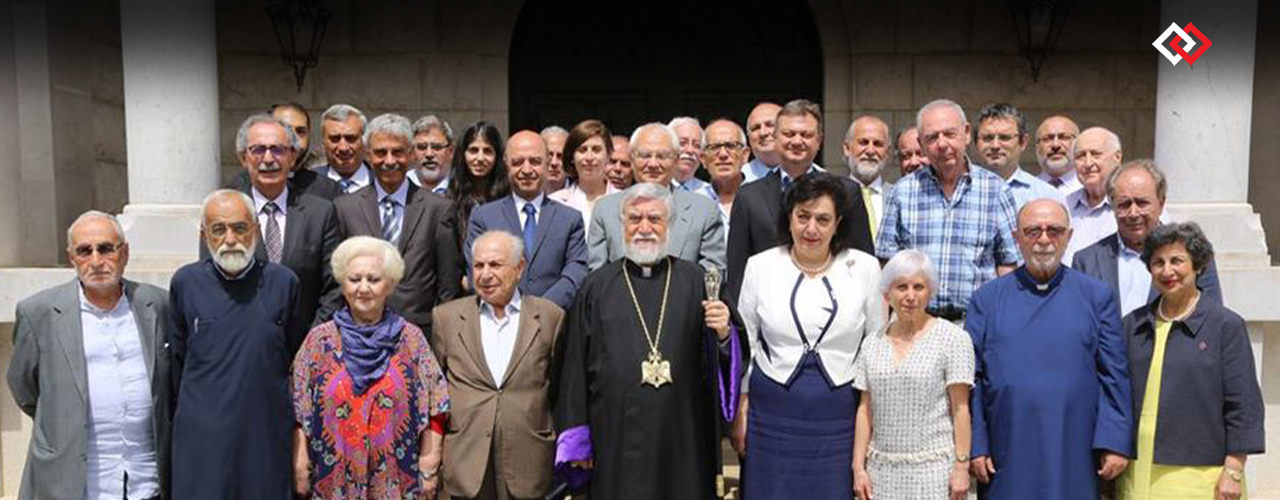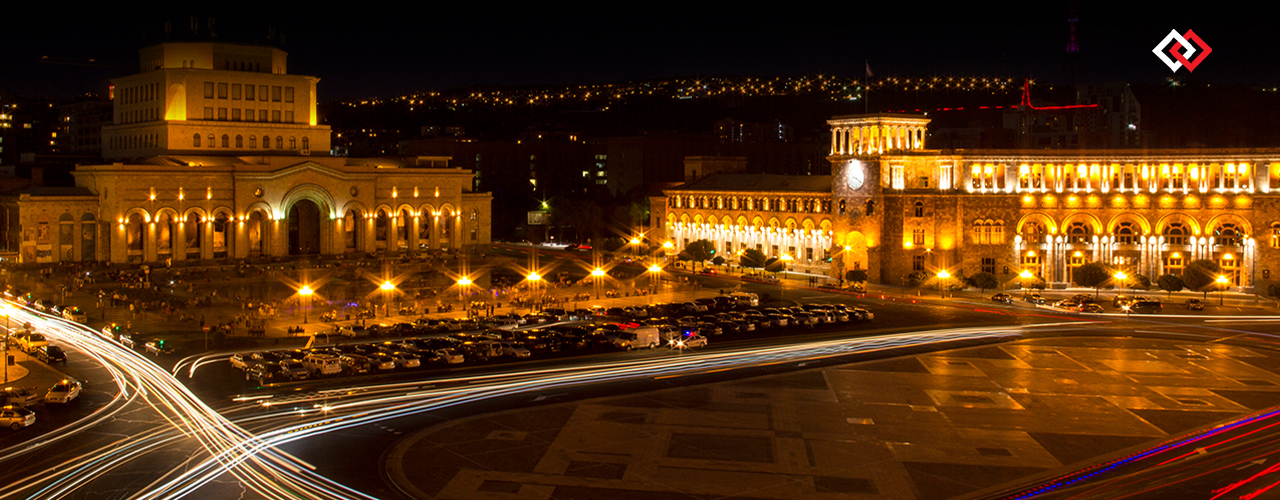Paris, August 2015
Yesterday, I moved from Beirut to Paris. I studied, got employed, founded a company, got married and formed a family. When my third child Gayanee was born, we sold our house and moved to the Le Raincy neighborhood, to be close to the children’s school, rather than my workplace. Wasn’t it natural to spare my children, rather than me, from the daily Paris traffic, and horrible uproar?
When my children graduated school at age thirteen, and were getting ready to enter the French school, Patricia asked Mr. Atamian if he would provide private lessons, teaching Armenian language and literature, until the children finish their “Bacalaureat”. Would it be overly demanding to wish our children to know Armenian beyond the middle school level, so over the years, they are able to read and appreciate Rafi, Antranig Dzarugian, and the more contemporary Beledian. Isn’t it important that beyond “Kach Vartan”, my children recognize, look up to as a hero, and idealize Monte’?
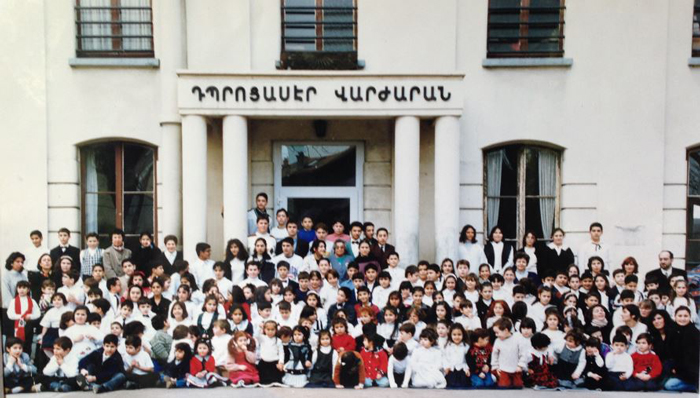
Would any of you relinquish even one square meter of the land you intend to leave as an inheritance to your children? Than how could I accept that the language, literature, music, habits, traditions, culinary wealth, the entire culture I inherited be lost?
Beirut was different. Facing our house was the Sourp Neshan Church. On Sundays, standing on our kitchen balcony, we used to watch the weddings, follow up on who attended and who was absent. On weekdays, at ten past eight in the morning, students attending the school next to the church used to line up with military precision, and start their school day singing “Aravod Luso”, blessing thus our entire building. Our building, the “Dermenjian building” was itself, a “village”. Surprisingly, out of the 22 apartments, only one was inhabited by a non-Armenian family. There was the traditional dance of plates that made its way across multiple households. According to tradition, when a valued dish or sweet was baked, such as a Manti or a Pakhlava, a plate had to be sent to one of the neighbors. It could have been Mrs. Sirvart, Mrs. Marie, sometimes Yeretzgin Hasmig, or the beautiful Diana. One had to pay attention to remember which of the received plates belonged to whom. The plates could never be returned empty, thus ensuring the dance of the plates was eternal. When a child teethed, or someone’s daughter was approached by a suitor, or someone had a belly ache, the entire building was aware. There were no further trivialities which were circulated. There were no family feuds, or if they were, we were not aware of them. In any case, in the Beirut of that time, divorce was almost non-existent.
Our school, the Armenian Evangelical College, was within a ten minute walking distance from our home. In the entire population of about 600 students, here too, there was only one non-Armenian student; our very own classmate –the poor Nabil.
Vrej was the butcher. The Aintabtsi Yeghia was the baker. We used to buy our clothing and shoes from the Armenian section “Suk el Ermen” of the Big Market. We may have needed to talk Arabic only when using the Beirut public transportation, the service. In Beirut, those who spoke, spoke in Armenian; those who read, read in Armenian; those who wrote, wrote in Armenian. Here, one would not even consider inquiring about a child’s ability to read or write. If someone’s child merely speaks Armenian, then the parent is considered a hero.
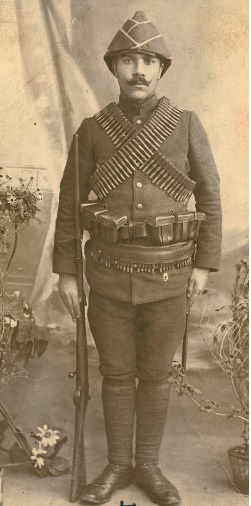
He was a man of principal, a man of his word, trustworthy, diligent, and reliable. During the thirty five years he worked at the American University Hospital, he had not missed a day of work, had never been late to work. Those were the days when, as my mother recalled, my grandfather had to light the candle at the middle of the night to check the time, to see if it was time to get up… I wonder how successful I have been in transmitting my grandfather’s value system to my children.
My grandmother, Mariza Mami, had left Adiyaman and headed towards Der Zor, at age seven. She had witnessed her mother’s killing and the kidnapping of her younger brother. They had lined her up with her sister and older brother in a row, so they could kill them with one bullet, saving their ammunition. At the last moment, the gendarme had lacked sufficient inhumanity to pull on the trigger.
Having been nourished during my childhood with my grandparents’ stories of the genocide, my grandparents who had faced death, and till the end of their lives recalled with tears in their eyes the loss of their loved ones, I consider the Armenian Question a holy cause. I get emotional, I rebel, and I struggle. Still, given the current reality, I think that our nation has other challenges that are being ignored. We need to address the more immediate and important challenges, such as the continued survival of the Diaspora, putting an end to the high emigration rate, improving the political system and accelerating the economic growth within the homeland.
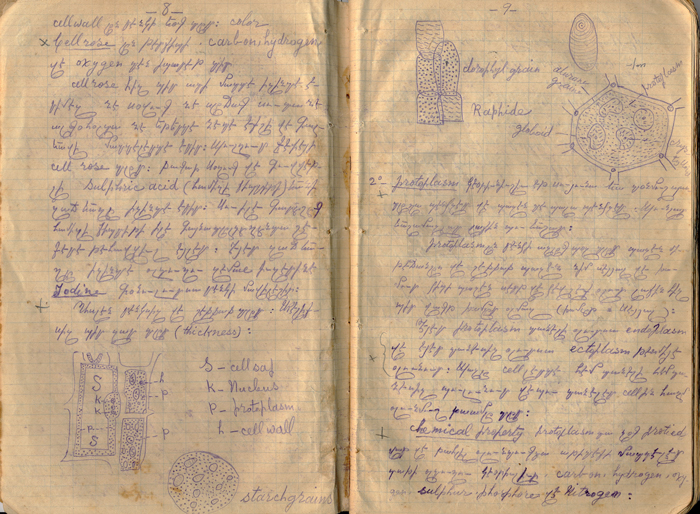
To have a good appreciation for the situation, we should study the history with interest, and look at the present, objectively. In the fourteenth century, Armenians formed the majority of the population of Crimea. In the 17th century, there were three hundred thousand Armenians in Poland. What is left from both communities are the churches they built. It is clear that our chances of subsistence within countries of Judeo-Christian culture are very limited …. They say that within the last ten years, one and a half million Armenians have emigrated from Armenia. If we cannot keep our population on the land that is at hand, with what logic, and with how much vigor, can we demand the return of our lands in Western Armenia? . . . We have a people with “Golden hands” who are talented, creative, educated. Our homeland has the backing of the diaspora. Yet, our wages are lower than that of China… and the average wage in Turkey is three times that of ours. Please don’t justify advancing arguments that we don’t have access to the sea, or that we are landlocked. Switzerland also does not have access to the sea, Israel is also surrounded by hostile neighbors.
We are all aware of these issues, but who is carrying these issues on their agenda????? Who decides the order, the priority and the sequence of addressing these issues?
Today we have a nation, consisting of the homeland, and the diaspora. The diaspora comprises 75-80 % of the population. If we consider the economic power, the diaspora represents 98% of the nation’s wealth. It is easy to calculate. Simply multiply the size of the population in each community by the country’s average income. The homeland has a structure, that of a government, and a fund. The diaspora has neither. Is it logical that a power such as the diaspora remain unorganized?
The homeland shed blood to retain the land, and achieved more. It shed blood. During the Karabagh struggle, thousands of brave men from the homeland and the Atsakh sacrificed their lives, versus 21 from the diaspora. Today, we do not have the right to criticize the homeland. How many of us sent their sons to liberate Shushi? How many “crazy ones” immigrated and settled in the homeland? The diaspora, in turn worked hard to attract attention to the centennial of the genocide. It did so. However, to be satisfied with these accomplishments, of retaining the homeland and commemorating the centennial, is nothing but self-deceit. Today, many German born Turks are returning to their homeland, learning their language, establishing businesses. We, on the other hand, are leaving our country, emigrating.
Homeland, “Quo vadis” (where are you heading)? (1)
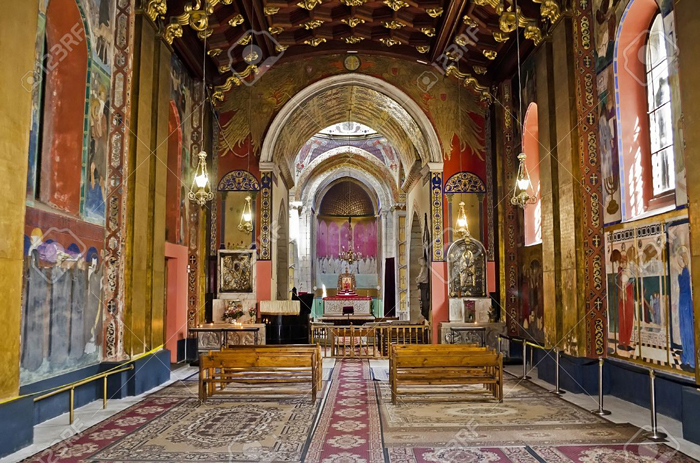
Last July 11th, Bill Clinton participated in the commemoration ceremony for the Srebrenica 8000 Bosnians who were murdered during the so called “Genocide”. Let it be called as such, that’s ok, but pray say, Where was bill Clinton on April 24th? Was there someone assigned to call him and others? What means do we offer ourselves? Who decides the sequence of execution of our agenda? Why didn’t CNN address the Genocide in the same manner as the French TV stations did? Is CNN also dependent on the US foreign policy?
We cannot criticize those American Armenians who so diligently work for the immoral policy of the US governmental bodies. It is well known, that of the last 4 presidents, none honored their election time promises about the recognition of the Armenian Genocide. We, the diaspora have to be cognizant of the fact that to achieve any progress, we have to make available the appropriate resources, and sometimes enlist experts. We also have to come out of the localized, village mentality. Today the world is global. Borders do not exist. Our Diaspora has to also be a global entity, be aware of its global resources, have its global membership, be it in the US, France or elsewhere. We should use the same database of contacts, the same advertising messages, the same videos, exchange ideologies on a daily basis, cooperate. Today people have meetings across different continents using the mechanisms such as skype.
To overcome the challenges posed, it is important that the Diaspora have a structure which is global, coordinated, organized, with professional persons in charge in each field and clearly, a structure which is financed.
At the beginning of every flight, there is an announcement that advises passengers that it is of utmost importance, in case of an emergency, before caring for other people, to first put on their own air-mask. It is imperative that Diaspora first take care of itself, or at a minimum, remember to take care of itself. It should pay attention to its future generations, its schools, the educational curriculum it follows; it should address economic issues, coordinate among different exiting associations like that of doctors, lawyers, jewelers, and it should encourage forming new ones; It should address issues of foreign affairs …
In 1938, when Kessab, together with Mousaler was given to Turkey, Arshag Chobanian in the foreign ministry of Paris, Cardinal Krikor Bedros Aghadjanian, in the Vatican and the Papal representative Remi Leprert in Syria, struggled each in their cities, until a year later, Kessab was re-attached to Syria.
Today, who has Kessab on their agenda? Will we be able to retain this last, small portion of Cilicia, this sacred fragment?
Will we be able to secure the existence of Kessab’s Sourp Stepanos church built in 909? Will we have the wisdom to form a team, a force, that when needed, will negotiate with the international powers outside of Syria, such as Moscow, Paris, Brussels, Washington, and declare Kessab a neutral zone, to keep it ours?
On whose agenda is the future of St. Lazar , which we inherited from Mkhitar Appahayr?
The West will certainly resist tooth and nail all attempts of the Republic of Armenia which it considers pro-Russian, to get any piece of land from Turkey.
Who, which entity will be driving the Armenian demands from Turkey? Who is leading our foreign policy?
Nation, “Quo vadis”?
I have already gone grey, yet I continue to make mistakes; I haven’t reached my desired level of wisdom. To avoid mistakes, I often try to apply what others have successfully implemented. We have the example of the Zionist movement. During a period when there was no internet, phones, airplanes, even electricity, people got together, without getting strangled with bureaucracy, developed a plan, and worked towards successfully implementing it. Under difficult circumstances, they formed a nation and founded a state.
Over time, specific individuals have changed the course of history, sometimes towards destruction and sometimes towards marking progress. If Steve Jobs had not been born, we would not have had Apple computers, I-phones. Smartphones would certainly not exist in their current shape and form. If Theodore Herzel had not been born, the Zionist movement, and most probably the state of Israel would not exist. We don’t need to re-invent the wheel. We have an example in front of us. We just need the right individuals to come together and work. Individuals who carry weight, are known for their integrity, humility, devotion, wisdom, faith, are motivated, Individuals who lap the water(2):
Where is your faith? Why do you see our Ararad any less in stature than that of Mount Zion?
After all, not so long ago, they were also desolate. For eighteen centuries, weren’t they also “out on the street” in their own diaspora? They worked hard during the last century, and made progress. Why can’t we accomplish the same?
Rise and rejoice, daughter of Ararad(3). Do not fear, and do not weaken oh Ararad. Do not let your hands hang limp; let your sons gather and gain in force.
Yesterday, I moved from Beirut to Paris. I got married, formed a family. My three children are Armenian in spirit, heart and culture. They speak, write, read Armenian. They read novels, read daily newspapers.
It was yesterday, forty years ago. Tomorrow, will my grandchildren be Armenian? Among my and my brothers’ grandchildren, there will certainly be Aznavours, Krikorians, Egoyans. They will also create, build, achieve. Will they be Armenian? Will they contribute to our culture, our homeland, or will they merely say “My Grandfather was Armenian”?
Diaspora, “Quo vadis” ?
Some people have great penmanship, and create great literature. Others write to get attention. I don’t know if I will ever have the talent to fall in the first category, but I certainly don’t have the time or inclination to fall in the second category.
I write for a goal.
My writing is a beckoning.
In the past, many who have read my articles have written and congratulated me. You can still write and congratulate. I will answer.
Others have written to lament. I totally understand them. Write. I will answer. I will accept to be your Wailing Wall.
However, I wish this time, at least someone will say I am here to collaborate. Someone known for their integrity, humbleness, devotion, wisdom. Someone who will have the faith, vigor; someone who will have the passion to lap the water.
(1) “Quo vadis” Henrig Shainkuchi’s 1895 novel, where the Polish writer deals with the time’s issues of a divided Poland.
(2) Judges 7:5
3) Zephaniah 3:14-17

